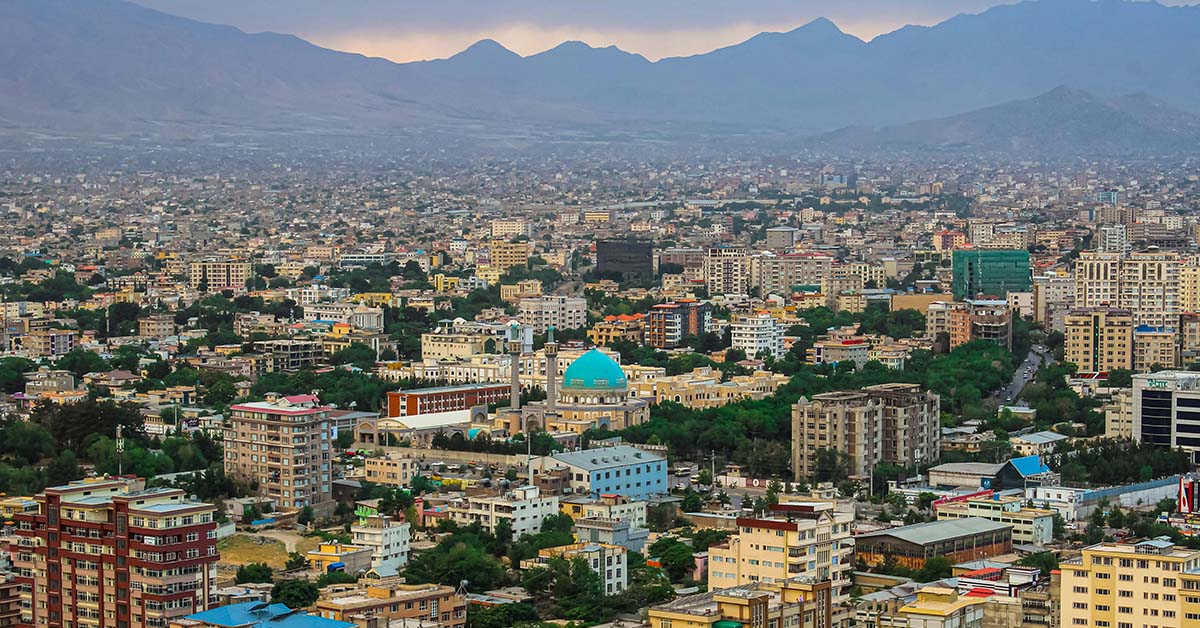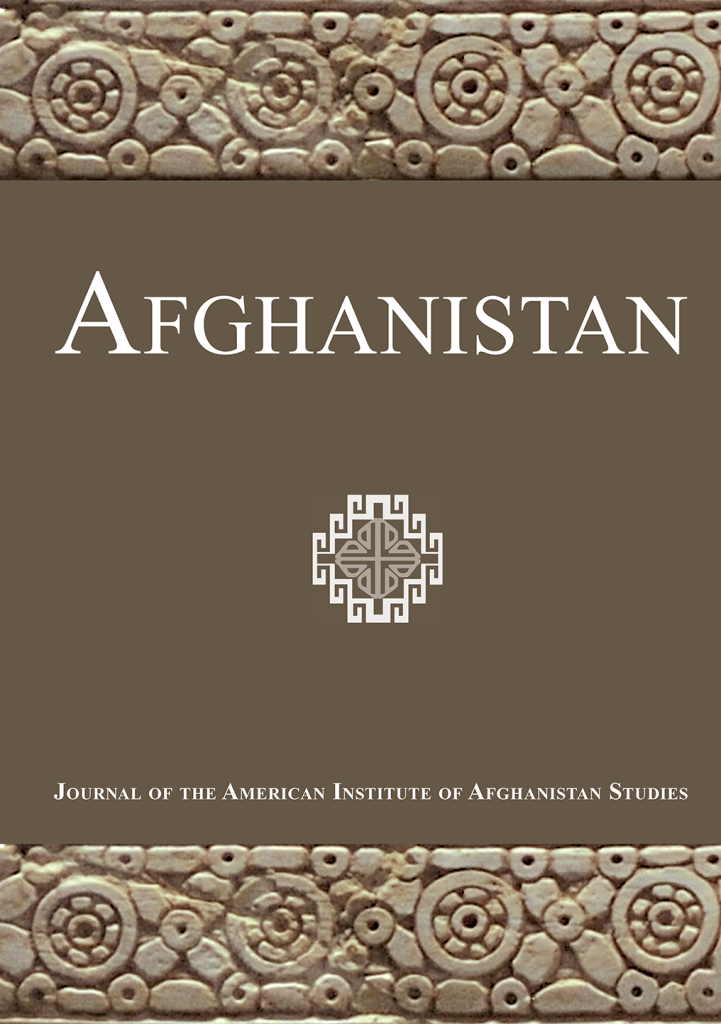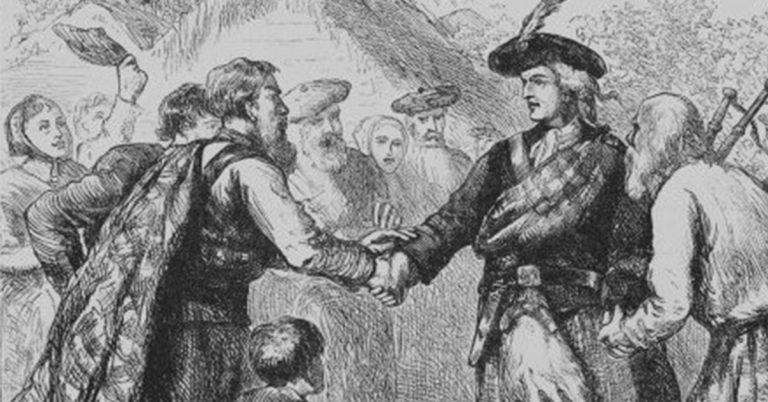
By Robert D. Crews
How should the world make sense of the anniversary of the Taliban seizure of the Afghan capital, Kabul, on 15 August 2021? Was it the long-overdue closing act of an unwinnable war? Or was it a moment of tragedy—or merely humiliation? Who decides which of these contested meanings prevails on the third anniversary?
The task of interpreting how wars end is daunting enough. In this case, it concluded with an outcome that few – outside of the Taliban – had anticipated in the early twenty-first century: the retreat of the world’s most powerful military alliance and their opponents’ return to power – after hundreds of thousands of deaths and trillions of dollars spent. The challenge is all the more daunting, for starters, because there is no generally agreed upon vocabulary to describe the event – much less interpret its significance.
‘Independence Day’
For the Taliban, 15 August (in the Afghan calendar, the 24th of Asad) is a new ‘Independence Day’ —superseding 19 August as the day marking independence from Britain at the conclusion of the Third Anglo-Afghan War in 1919. The Taliban commemorate it as a day of ‘liberation from American occupation.’1
This year, officials of the Islamic Emirate of Afghanistan (the Taliban name for their government) framed the anniversary as the celebration of the insurgency that forced the U.S. out of the country and that toppled the U.S. and NATO-backed Islamic Republic of Afghanistan (2002-2021). Taliban media also highlighted the date as a symbol of Taliban devotion to universal human values: ‘As the national flag waves proudly in the breeze and patriotic fervor fills the air, 24th of Asad serves as a stark reminder that the hard-won freedom after 2 decades long struggle should not be taken for granted. It is a time to pay homage to the valiant souls who fought tirelessly for liberty, justice, and equality, and to reaffirm our commitment to upholding their noble ideals.’2
A grim reminder
For opponents, of course, the Taliban represent the antithesis of the ideals of ‘liberty, justice, and equality.’ Reflecting on the anniversary, Fereshta Abbasi, an Afghan spokesperson for Human Rights Watch, countered that Taliban policies have ‘created the world’s most serious women’s rights crisis.’3 To critics, the third anniversary is a ‘grim reminder’ of the introduction of the most oppressive form of ‘gender apartheid’ anywhere on the planet. Afghanistan stands out as a country where girls and women are forbidden to go to school beyond sixth grade. Most women are blocked from participating in many forms of public life and have diminished access to work and healthcare.
The Taliban have simultaneously waged a campaign of repression against perceived political enemies. Historically persecuted groups are under pressure as well. Taliban authorities have repeatedly evicted Hazaras from their lands,4 transferring these lands to Taliban allies. And while the Taliban have asserted that their takeover of the country restored security, Hazaras are still targeted in acts of violence by murky actors (whom the Taliban tend to identify as their rivals affiliated with the Islamic State—Khorasan Province). On 11 August, the residents of the predominantly Shi’i Muslim Hazara neighborhood of Dasht-i Barchi in Kabul suffered yet another bomb attack5—one of well over a dozen there since 2016.
In addition, human rights advocates point out that the Taliban have been ineffectual in addressing one of the most severe humanitarian crises anywhere. More than half of all Afghans go hungry. At the same time, Taliban-controlled Afghanistan faces the disastrous effects of accelerating climate change: floods have displaced more than 5,000 families this summer alone6—adding to the already shocking figure of 6.3 million displaced Afghans.7
A failure of the elites
For most of the Afghan diaspora scattered across the globe, this anniversary recalls the failure of American-supported politicians. The elite of ‘the Republic’ (as the government from 2002-2021 is commonly known) proved incapable of preventing the restoration of Taliban rule, even though their first ‘Emirate’ (1996-2001) had apparently been defeated twenty years ago. For many in the diaspora, corruption, divisive community politics, and political ineptitude caused the downfall of the Republic.
Aloof and self-interested, these elites dashed the hopes of a generation of Afghans who wanted to pursue education and participatory politics while living in a multicultural society. The failure of the Republic meant that Afghanistan stopped being a place where, as the Paris Olympics break-dancer Manizha Talash recently put it, girls ‘have the strength to transform things.’8 And, crucially for many Afghans, the U.S. committed an act of betrayal by negotiating behind the backs of Afghans to return their country to the Taliban.
The legacy in the West
Meanwhile, Western political elites have largely forgotten Afghanistan, even as their exit has become occasional fodder in domestic political contests. Without recognizing their defeat—or even how the outcome of this war revealed the limits of their power, they have embraced other conflicts—including Israel’s genocidal war against Palestinians—without reflecting on what they might learn from a twenty-year odyssey launched as part of a Washington-led ‘global war on terror.’ When Afghans are mentioned in Western politics, they tend to appear only as scapegoats in immigration debates.
Afghan asylum-seekers and migrants in the West remain in limbo. In the U.S., 70,000 evacuees have waited three years for the Congress to sort out their status.9 In Germany, many politicians are eager to restart mass deportations.10 In the UK, thousands of Afghan migrants languish in hotels11, shielding themselves from recent spasms of far right violence and anti-migrant and Islamophobic disinformation spread by nationalist politicians and media.
Insights from a new generation
Ultimately, for Afghans and global society alike, interpretation of 15 August hinges on what we make of the Taliban, how we account for their return to power, and how we interpret Afghanistan’s place in an interconnected world. The nature of a movement that first emerged in 1994 cannot be investigated in a vacuum, of course. The Taliban were—and remain—a product of interactions with a number of actors, among them the U.S., Afghan political rivals, and their Pakistani and Gulf allies.
The challenge of coming to terms with some of the most crucial factors that explain the collapse of the US-backed Republic and the revival of the Emirate is taken up by a new generation of scholars, mostly hailing from the Afghan diaspora, in an upcoming special issue of the Afghanistan journal.
Drawing on a variety of scholarly disciplines and methods, the authors interrogate subjects ranging from diplomatic negotiations, electoral politics, and the visual culture of memory and resistance, to the politics of gender-related ethnography, the contested meaning of the term taliban in the Afghanistan-Pakistan borderlands, institutional efforts by the Taliban to forge a new kind of Islamic order, and consideration of the possibilities of alternative trajectories rooted in past ideas of Islamic reform in the Afghan context.
The issue does not promise a wholly comprehensive analysis of all questions that might enrich our understanding of these monumental processes in Afghan and global history. Yet it captures a vivid snapshot of the innovative and thoughtful work that a new generation of scholars is bringing to a very challenging body of questions that are at once political and scholarly.
About the author
Robert D. Crews is Professor of History at Stanford University and Editor-in-Chief of Afghanistan, the journal of The American Institute of Afghanistan Studies.
About the journal
Afghanistan is dedicated to the cross-cultural study of Afghanistan and its surrounding regions, delving into its rich history from a wide variety of humanities-focused angles.
Following a successful Subscribe to Open campaign, it flipped its 2024 volume to Open Access.
The upcoming special issue will explore ‘The Fall of the Republic and the Return of the Taliban’.
Sign up for TOC alerts, subscribe to Afghanistan, recommend to your library, and learn how to submit an article.
Sign up to our mailing list to stay up to date with all of our new releases and free content
Sources
- Islamic Emirate of Afghanistan: https://www.alemarahenglish.af/statement-of-islamic-emirate-on-third-anniversary-of-afghanistans-liberation-from-american-occupation/ ↩︎
- Islamic Emirate of Afghanistan: https://www.alemarahenglish.af/why-to-celebrate-24th-of-asad/ ↩︎
- Fereshta Abbasi on X: https://x.com/FereshtaAbbasi/status/1823718125109387732 ↩︎
- Genocide Watch: https://www.genocidewatch.com/single-post/intensifying-persecution-of-hazaras-in-afghanistan ↩︎
- Radio Free Europe Radio Liberty: https://www.rferl.org/a/kabul-afghanistan-blast-hazara-khorasan/33074636.html ↩︎
- UN OCHA: https://www.unocha.org/publications/report/afghanistan/afghanistan-floods-flash-update-3-floods-hit-northeastern-region-afghanistan-22-may-2024 ↩︎
- International Rescue Committee: https://www.rescue.org/uk/article/millions-afghans-endure-crisis-three-years-after-taliban-takeover ↩︎
- Friba Rezayee on X: https://x.com/FribaRezayee/status/1823379965188186356 ↩︎
- The Conversation: https://theconversation.com/3-years-after-fall-of-kabul-us-congress-has-still-not-acted-to-secure-future-of-more-than-70-000-afghan-evacuees-in-us-235080 ↩︎
- PRO ASYL: https://www.proasyl.de/pressemitteilung/am-dritten-jahrestag-der-machtergreifung-der-taliban-gilt-mehr-denn-je-afghanistan-ist-nicht-sicher/ ↩︎
- Yahoo! News: https://ca.news.yahoo.com/afghan-refugee-waits-82-weeks-230100581.html?src=rss&guccounter=1 ↩︎






